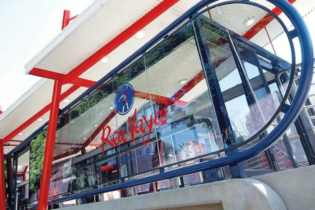Increased public safety concerns have resulted in the intensification of security measures for global goods transportation. Businesses which trade internationally need to be aware of the intensified security measures in place to mitigate their risks.
Three African countries: Sudan, South Sudan and Djibouti have recently joined the list of “red” countries, a classification which results in strict security measures being imposed on goods transported across those countries borders. Other African states classified “red” includes Niger, Nigeria, Mali, Somalia and Somaliland. Countries across the globe are classified according to their security risk profiles and are either deemed “red”, “white” or “green”. The classification determines the level of security measures applicable to the countries, and includes various restrictions on the items that can be transported, as well as the screening levels packages need to be subjected to before being cleared for transportation to the European Union (EU) and United States (US). A “red” country is considered high risk due to potential national security concerns. Similarly, a “white” country is considered to have a certain level of risk, but not as high a security risk as a red country whereas “green” countries, such as France, have a minimal security risk level. The nature and degree of security is changing, and society at large needs to be aware of the possible implications. The business-to-consumer (B2C) market in SA / SSA is growing with the emergence of e-commerce and the increased demand for consumer goods. The rise of the SME has also resulted in greater variety and accessibility to new and competing products. Goods are now just a click away and can be sourced and ordered from anywhere in the world.Global security breaches, such as terrorist threats and the trading of illegal substances, have resulted in the global transportation of goods being subjected to a number of security regulations, largely driven by the EU and US.
In order to trade with the EU and US, “red” countries have to comply with set regulations and conditions. There are, however, certain challenges in select “red” African countries. For example, in Nigeria, a certain airline will be compliant with the regulations, but the country’s airport is not – which results in a package needing to be redirected so that it can undergo the required security tests and authorisations. While the regulations should not hamper trade between certain “red” countries and the rest of the world, consumers and businesses need to be aware of them and understand that certain items cannot be moved as easily as others. Additional time needs to be spent on planning as certain items may need to be rerouted to countries in order for them to be screened and cleared for shipping. When it comes to global shipping practice and compliance, it’s best to have a trusted partner assist you.






